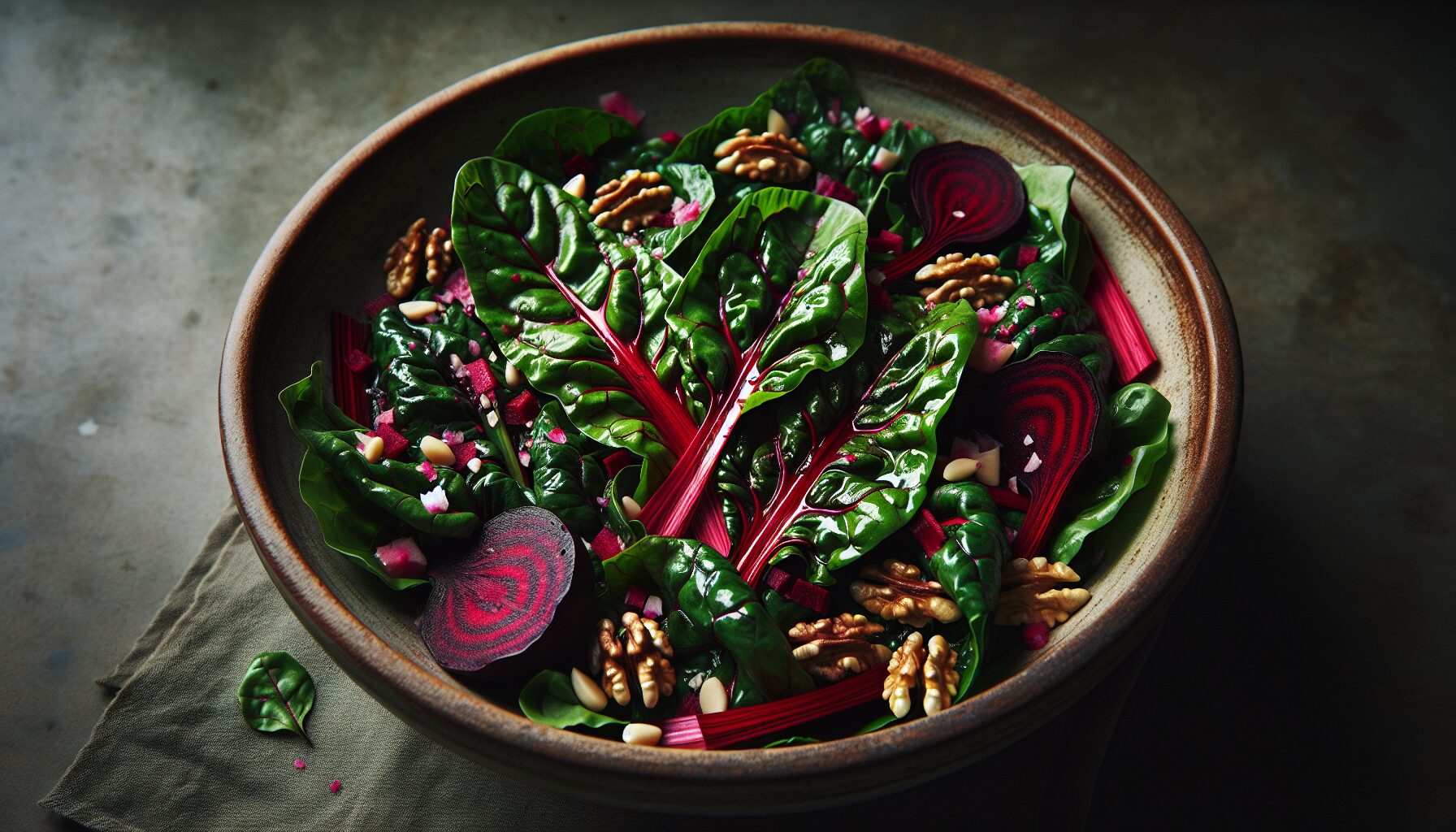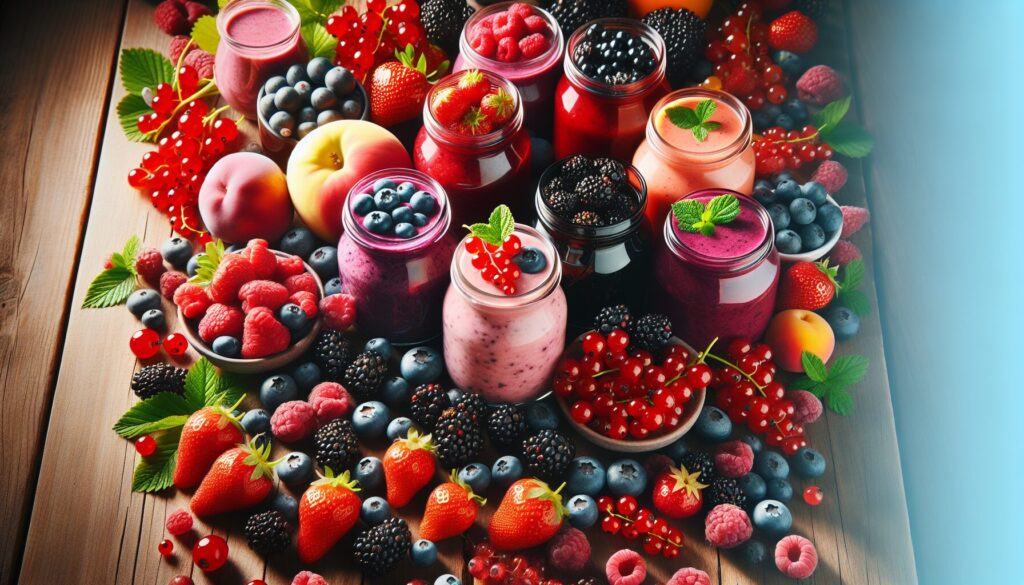
Anthocyanin Health Benefits : Could Anthocyanins Influence Aging
Anthocyanins and anthocyanin rich diets have many reported health benefits in nutritional research. Plant anthocyanins are water soluble pigments and there are various members of the anthocyanin pigment family. They produce some of the vibrant colors of various fruits and vegetables such as black currants or purple cabbage.
Popular sources of anthocyanins include berries such as grapes or cherries and eggplant. You can also find anthocyanins in purple sage and purple carrots. They are a glycoside form of another plant pigment called anthocyanidins which are also known for possible health benefits. Anthocyanins are plant compounds with a flavonoid and polyphenolic structure.
A healthy diet which contains antioxidant rich fruit or vegetables is linked with various health benefits. Anthocyanins have a strong antioxidant capacity and so may offer health benefits to support our overall wellbeing. The inflammation suppressing activity of anthocyanins has linked them to a reduced risk of diabetes. Research also suggests that anthocyanins may also support visual health, protect brain cells, prevent pathogenic microbial growth and reduce risk of cancer.
In this article the possible health benefits of regularly supplementing with or consuming anthocyanin will be considered to see how this pigment could have benefits for our overall wellness.

Anthocyanin Health Effects And Benefits
Anthocyanins are found in various fruits or vegetables in high quantities and often produce a purple color in plants but this color can vary depending on the acidity of a fruit. Anthocyanins are red at an acidic pH and blue in a basic pH. Stable or pH7 anthocyanins tend to be purple. They can be used as a natural food colorant and has been shown to be nontoxic.
Plant anthocyanins excite nutritional researchers because of their high solubility in water and very high antioxidant capacity. This sort of combination is great for promoting overall wellness throughout the body because water soluble bioactive compounds are readily absorbed into the body.
Our body requires antioxidants to support the oxidative balance within the body. A constant intake of antioxidants is required to cleanse the body of harmful build ups of oxidative stress which could push the body into a disease state. Chronic oxidative stress is linked to diseases such as cancer, cardiovascular disease or inflammatory joint diseases of which dietary antioxidants may be preventative.
Possible bioactive properties of anthocyanin may contribute to health benefits in preventing cancer, damage to eye or hair cells, protecting the brain, immune and circulatory systems.
Anthocyanin Cancer Preventative Benefits
Anthocyanins have been studied intensively for their cancer preventative properties. Plant compounds like anthocyanins have characteristics which are preventative of the risks of developing a cancer.
Cancer occurs when parts of DNA change which effect cell cycles. Oxidative damage to DNA from environmental stressors causes cancer events. The modern day increases in cancer rates are not a surprise considering increases in environmental oxidative stress and the amount of DNA replication there is in the body on a day to day basis. This emphasises the importance of dietary antioxidants such as anthocyanins which are able to cleanse the body of cancer causing molecules from antioxidant action. This protects DNA from damage.
Some of the researched effects of anthocyanins against cancer include suppression of tumor growth and tumor cell invasion throughout the body. The prevention of cancer development and growth is therefore one of the possible health benefits of dietary anthocyanin.
One recent study found that eggplant anthocyanin may protect intestinal cells from oxidative DNA damage and risk of cancer. Several other studies have shown that anthocyanins may have preventative effects against cancer. Considering the safety of supplemental anthocyanins this may become a popular supplement for those concerned about cancer.
Anthocyanin Benefits For Eyes
Our eyes are regularly exposed to light which can damage optical cells. Antioxidant compounds like anthocyanin are also used by the body to protect the eyes on a day to day basis.
Research has found that there may be benefits for the eyes from regular consumption of anthocyanin. Anthocyanins may improve vision because of antioxidant protection of optical cells and the optical system. They may be involved alongside vitamin A and the carotenoid pigments in protecting optical cells.
Modern lifestyles have led to an increase in eye related health issues because of smartphones and artificial video displays. Clinical studies have shown that anthocyanin rich extracts may influence and improve eye health. An influencing factor on eye health here may be additional rhodopsin regeneration from antioxidant anthocyanins in the eyes. Another study found that anthocyanin rich diets improved eye dryness.
Another organ that may be protected by the strong antioxidant power of anthocyanin is the liver. Recent research has found that the liver may suffer from reduced damage and fibrosis as a result of antioxidant action from dietary anthocyanin.
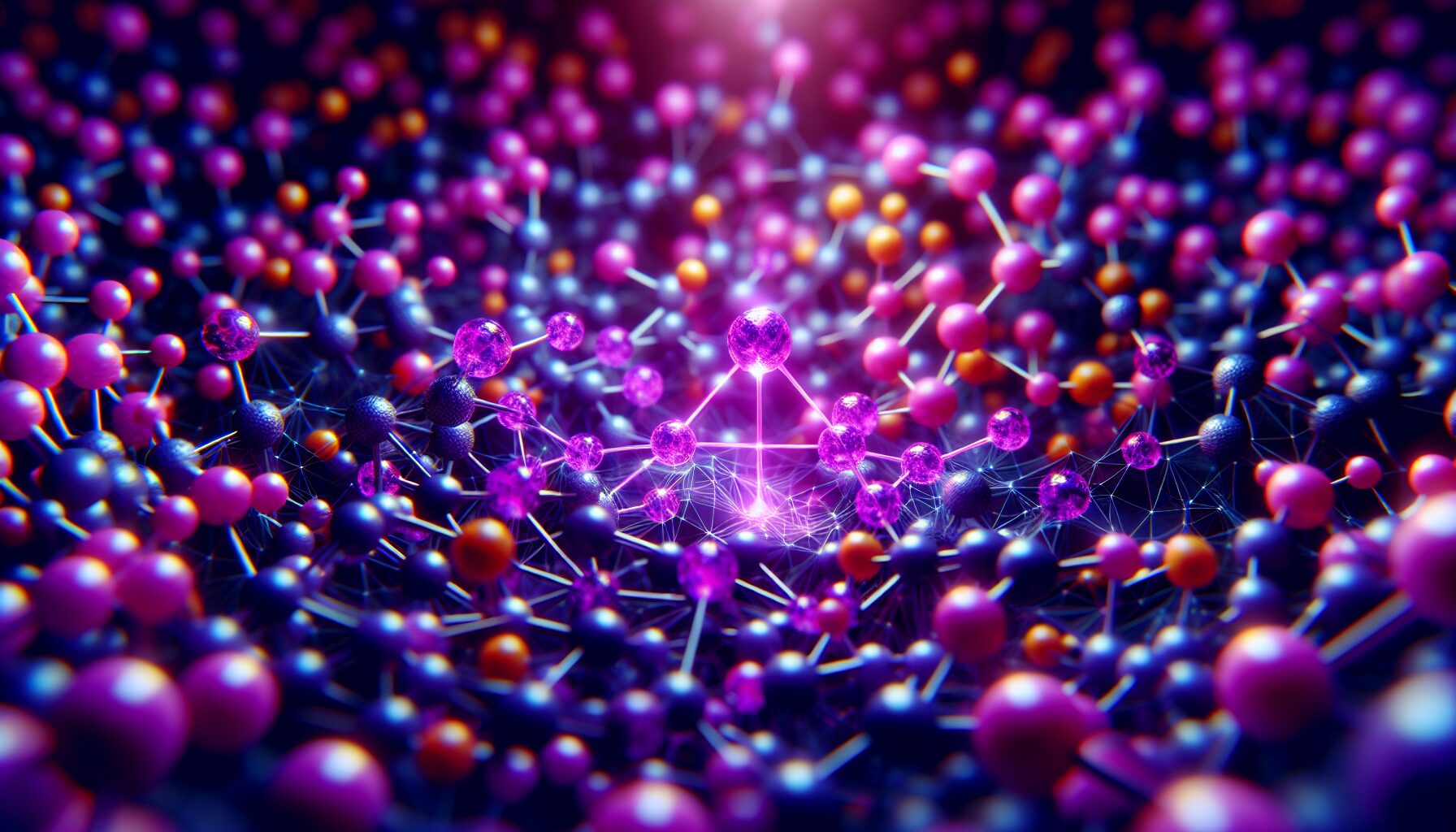
Anthocyanin Benefits For Hair Health
The skin and hair are exposed to damaging oxidative stress each day. This is partly why hair developed as hair protects our skin from exposure to damage. Hair loss is a prevalent issue in society and some nutrients or bioactives are able to support hair cells.
Antioxidant rich plant pigments like anthocyanin may provide additional support of hair cell health against various toxins or stressors which may extend their lifespan. For these reasons dietary anthocyanins may support and have benefits for hair health.
Some researchers have started to develop a bioavailable anthocyanin hair and skin cream. Initial studies with this cream showed anthocyanins may have various influences on hair cell growth as a skin cream. Another study showed that anthocyanin rich black currant extracts had hair keratin promoting activity in hair follicles which is a characteristic of stem cells and also increased numbers of hairs.
Other studies have shown that anthocyanin rich black current extracts may increase collagen and hyaluronic acid production. This contributes to optimal skin health.
Anthocyanins And Aging
One of the pillars to aging is accumulative oxidative stress and irreparable damage to the body. Oxidative stress affects various organs such as the skin where damage can result to DNA and important proteins.
Strong antioxidant effects within various tissues and organs mean that anthocyanins may have benefits in reducing the rate of cellular aging. This is in addition to improvements in collagen and hyaluronic acid production that may positively contribute to antiaging within the skin.
Studies have confirmed that decreased lung function caused by aging is lessened with anthocyanin intake. Anthocyanins may delay aging related degenerative changes of the brain and could improve signs of skin aging from UVB sunlight radiation. As an antioxidant anthocyanins may also support mitochondrial energy production and heart cell survival. Anthocyanins could also support fertility via protecting sperm producing cells from oxidative damage and toxin stress to DNA as we age. They could also protect the body from oxidative stress related decreases in testosterone that accumulate with age.
Some of this oxidative stress occurs with plastic microparticles and anthocyanins could support reproductive functioning via defensive oxidative stress protection or modulating binding of hormone receptors.
Anthocyanin And Inflammation
Inflammation is a marker of various human diseases. Inflammation is a natural response to chronic oxidative stress to specific tissues and can result from immune stress too. The body has proinflammatory and inflammation reducing cytokines to control inflammation.
Anthocyanins can disrupt proinflammatory signals that can result from chronic inflammation or oxidative stress and may therefore restore optimal conditions in the body. This is thought to be because of antioxidant effects. The calming of inflammation is considered to be a key phase of disease recovery. Research suggests that anthocyanins could support improvements in immune system functioning and higher antibody levels via reducing oxidative stress.
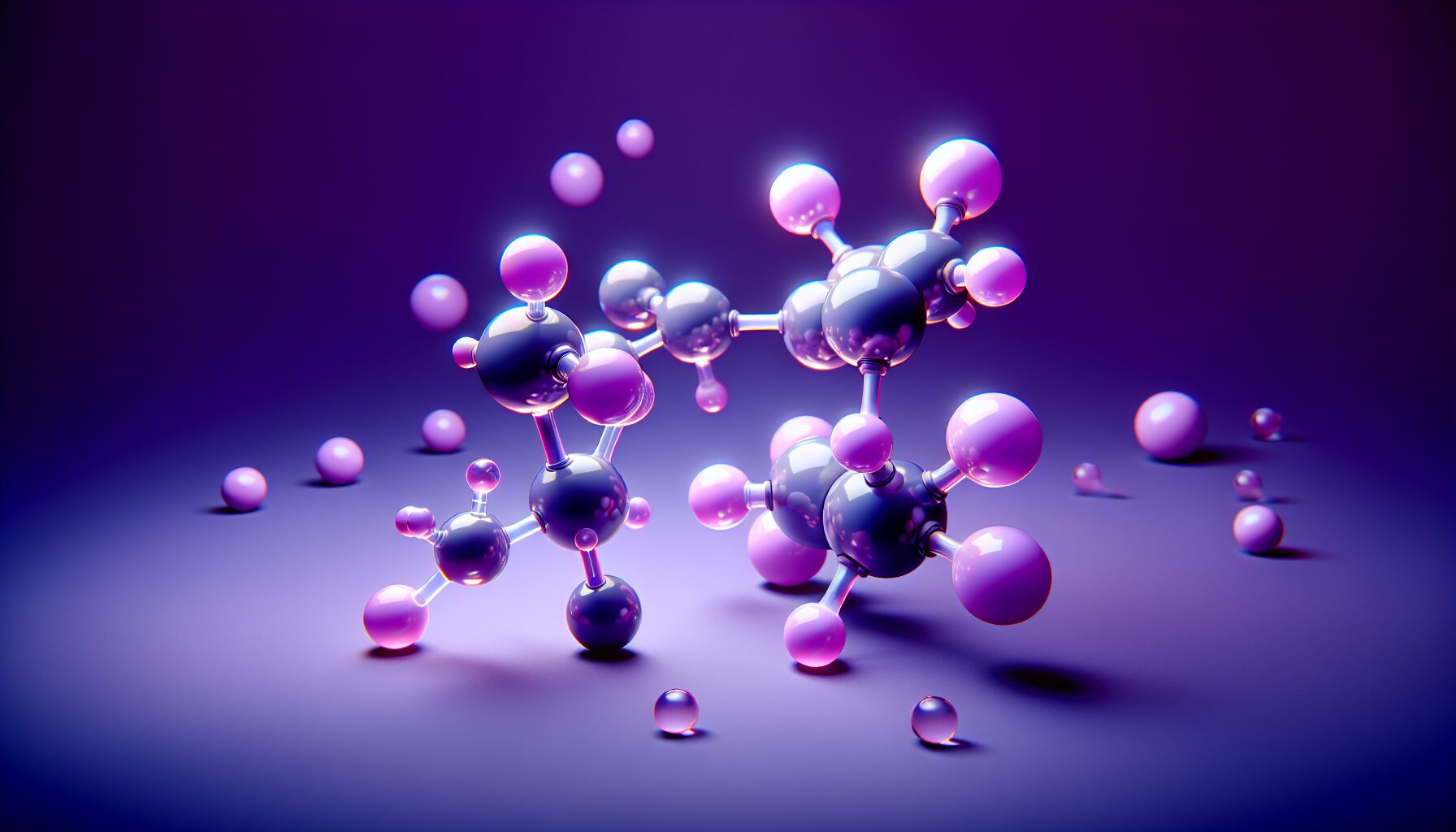
Anthocyanins And Diabetes
Inflammation plays a massive role in diabetes. When pancreatic cells come under large amounts of oxidative stress and inflammation they can become damaged. Resulting damages to tissues mean that you can develop issues with insulin production. The hormone insulin regulates blood sugar and this could lead to diabetes.
Anthocyanins may therefore reduce risk of diabetes within the body as a strong inflammation reducing compound and antioxidant. Recent research has identified anthocyanin interactions within the body which improve insulin sensitivity and glucose use. These are important factors in the development of diabetes.
Clinical studies with anthocyanins show that they may have health benefits for diabetics and would possibly support wellness as a supplement.
Cardiovascular Health And Anthocyanins
There is plenty of research to suggest that anthocyanins may have health benefits that expand into heart or circulation system health.
Anthocyanins are thought to be rapidly absorbed in the gut and stomach where they enter the circulatory system of blood vessels. They are then able to immediately exert bioactivities.
Anthocyanin has been observed to improve the repair of outer blood vessel cells. These are linked to atherosclerotic plaque formations and increased risk of stroke or heart attacks. Antioxidants like anthocyanin are able to reduce LDL oxidation which is one of the main risk factors in high blood pressure and atherosclerotic plaque caused vessel damage.
Studies have shown that anthocyanin rich foods reduce levels of inflammatory cytokines and massively reduce atherosclerotic plaque area. This may result from anthocyanin specific antioxidant activities and a protective influence on blood vessels.
Other studies have found similar results. This includes one study where people adhered to a fresh Mediterranean diet rich in food containing anthocyanins. This anthocyanin rich diet reduced risk of cardiovascular diseases which is an increasing root cause of death worldwide. Clinical studies seem to show that LDL levels decrease and HDL levels increase with anthocyanins.
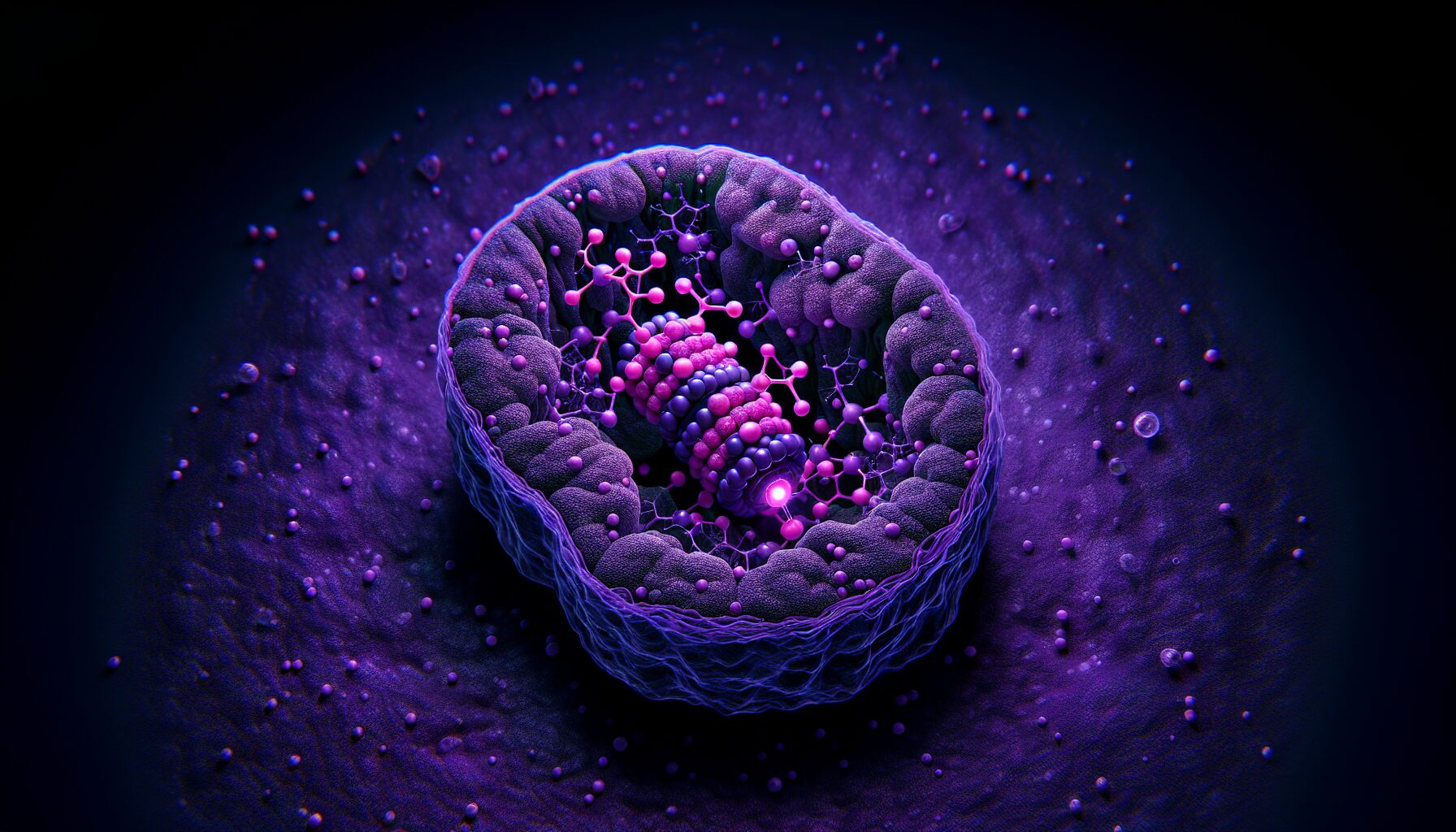
Anthocyanin Neurotoxin Protection
The brain is very susceptible to stress from high energy molecules or toxins. This is why the protective blood brain barrier is so important and prevents many toxins from entering the brain.
Nerve and brain cells also need to be protected from oxidative stress and research considers anthocyanin to have an antioxidant strength that is high enough to protect these cells.
Anthocyanin may also be able to chelate or bind to some heavy metals. This anthocyanin activity would prevent metal toxicity to an extent and could offer additional health benefits as a brain health protecting compound.
Research suggests that anthocyanins may have benefits in suppressing the progression of some neurodegenerative diseases. Anthocyanins may influence key factors of these inflammatory brain diseases via reducing accumulative beta amyloid plaques. One study found that an anthocyanin rich diet may improve cognitive functioning and working memory.
This is also the findings of multiple other studies that have linked anthocyanin antioxidant and neurotransmitter balancing effects with enhanced cognitive functioning. Other studies confirm reductions in neuroinflammation with anthocyanin which would have benefits for brain health. Young children supplementing with anthocyanins were also observed to have improved cognitive performance.
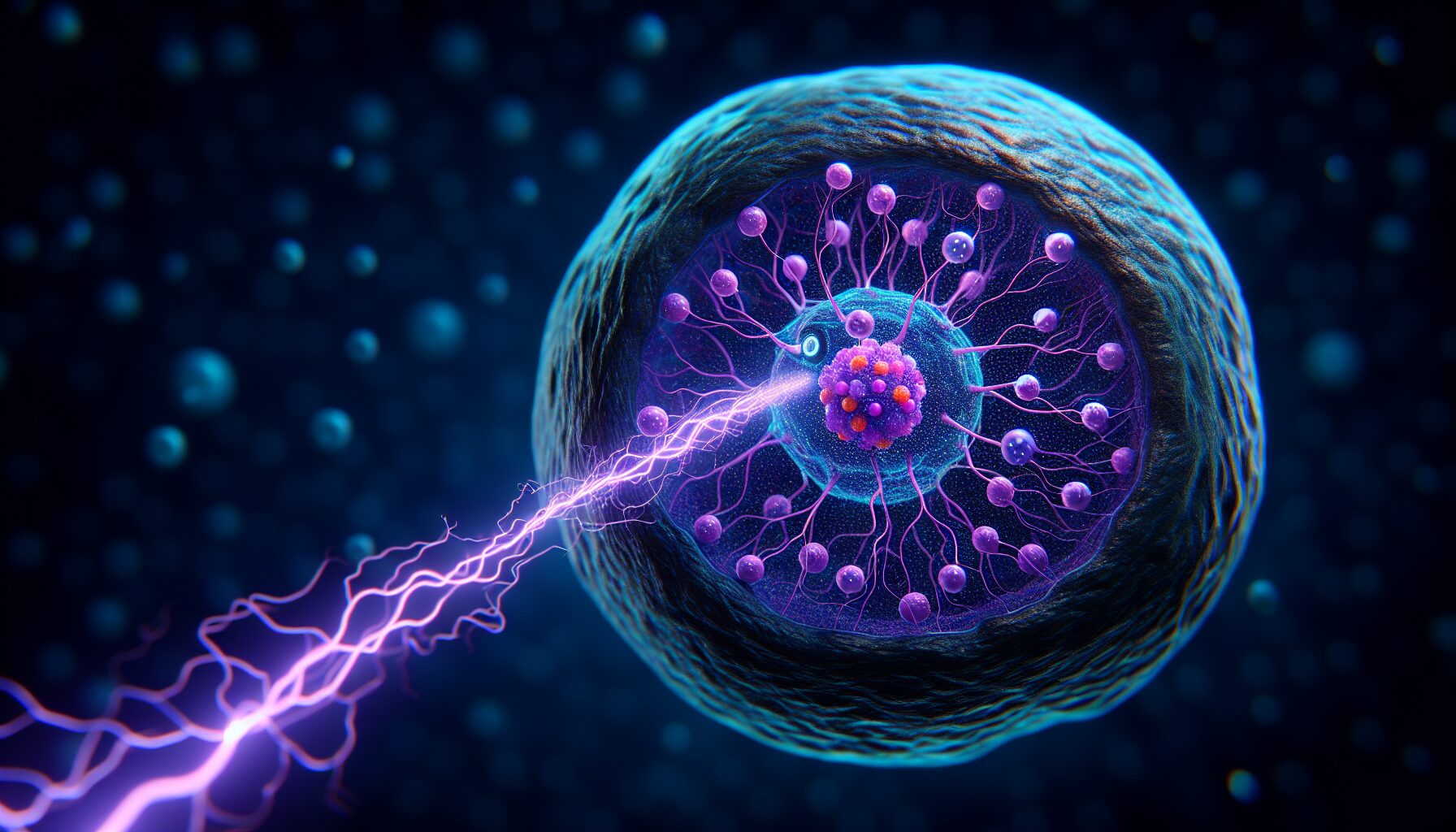
Anthocyanins And Gut Health
Anthocyanins may protect lifespan in humans but can cause lethal damage to some bacteria. This is thought to be how many antioxidant compound first developed.
Properties of anthocyanin can cause disruptive damage to certain pathogenic bacterial cell membranes. This can actually cause them to leak and die. For these reasons anthocyanins have been investigated for use in intelligent food packaging.
These effects will also carry over into the gut microbiome. This is another of the possible health benefits of dietary anthocyanin intake. Supplements containing anthocyanins may increase numbers of Bacteroidetes bacteria while also decreasing Firmicutes bacteria.
An increase in SCFAs was observed with anthocyanin supplementation and this is a marker of possible gut microbe health benefits. Research shows that some gut bacteria can use anthocyanins for their own wellbeing. Another observation was an increase in intestinal goblet cell number and improved villi health.
This would positively influence nutrient intake and anthocyanin supplements may improve intestinal health.
Overall anthocyanins may have health benefits which could influence important factors in maintaining optimal cardiovascular and gut health.
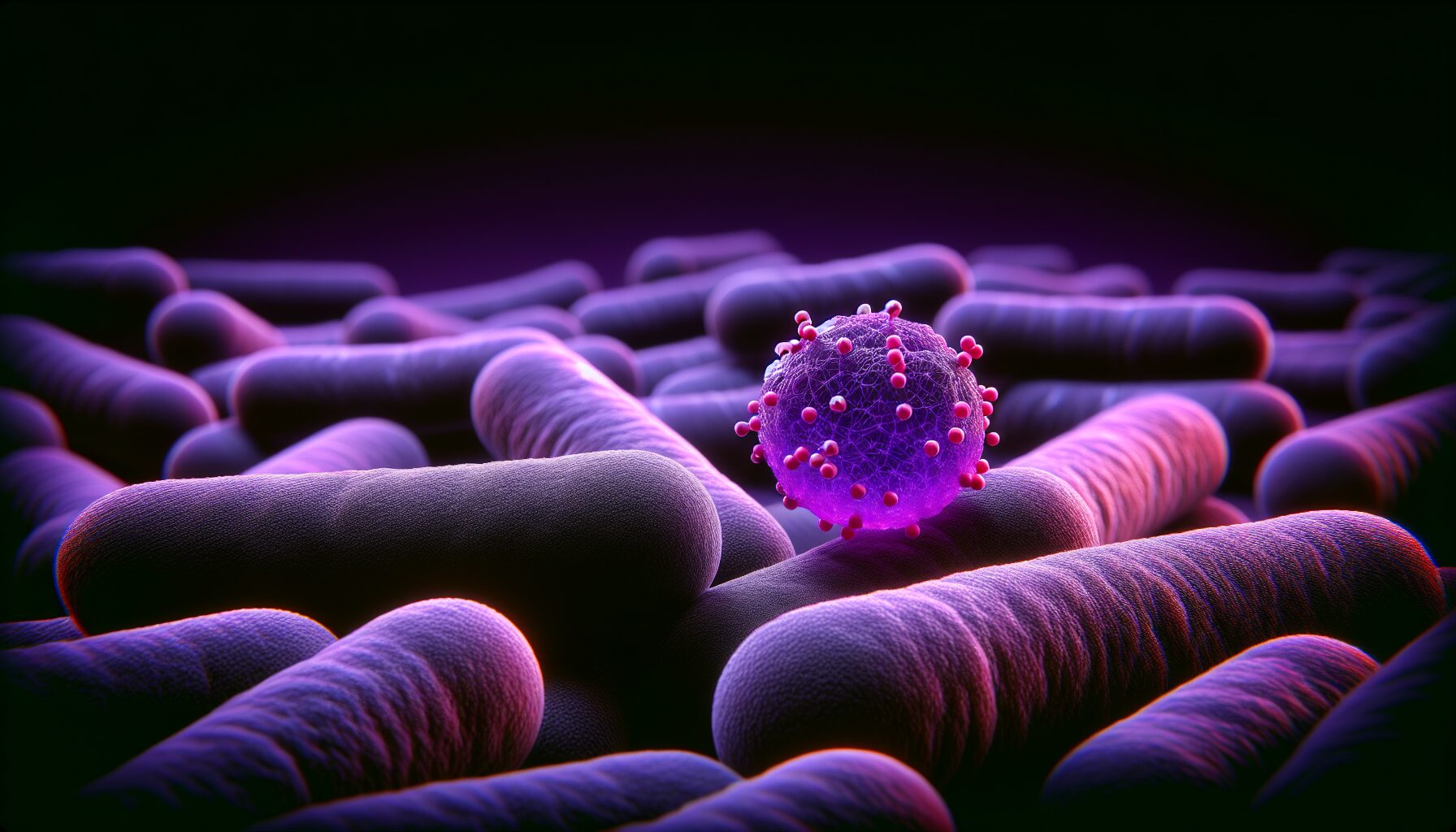
Summary
Anthocyanins are water soluble and produce vibrant colors in various fruits and vegetables. You can find anthocyanins in many different berries and also eggplants.
Anthocyanins are plant compounds with a flavonoid and polyphenolic structure. Because of this they may offer health benefits. As an antioxidant anthocyanins are able to cleanse the body of oxidative stress which produces the array of the possible health benefits from anthocyanin consumption.
An improved intake of anthocyanins is linked to cancer prevention and anthocyanin intake may be associated with tumor suppression. One of the main roles anthocyanin plays in our health may be in the protection of the eyes which are exposed to light damage each day.
Anthocyanin rich diets may also support improvements in hair health and skin damage from UVB radiation. Reductions in oxidative stress from anthocyanins may also reduce rate of aging. Anthocyanin improved collagen or hyaluronic acid production could improve visible appearance of age.
Huge effects on inflammation and oxidative stress could also greatly influence diabetes risk or outcomes. Some studies support a reduced risk of cardiovascular disease risk with an increased consumption of anthocyanins.
Other studies suggest that anthocyanins may also have potential benefits in supporting cognitive health. Our gut microbes may be able to use anthocyanins and this could also support our wellbeing.
Overall anthocyanins seem to present various health benefits from reduced rate of aging to additional support of cardiovascular health.
For more interesting articles see the main articles page below.
